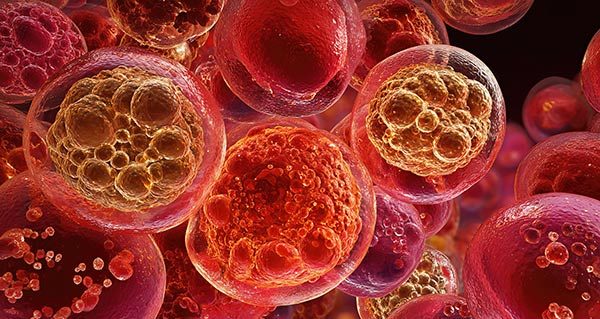The word diet is commonly used to describe a specific way of eating, often for health or weight-management reasons. Technically, your diet is simply the sum of all the food and drinks you consume.
Nutrition, on the other hand, is the process by which living organisms obtain and use food for energy, growth, and maintenance. It involves the intake, digestion, absorption, and utilization of nutrients that support your overall health and well-being.
Diet vs. Nutrition
While diet refers to the types and quantities of food a person eats, nutrition refers to how the body uses that food to function and thrive.
Diet:
- Encompasses all the food and drinks consumed regularly
- Can be described as healthy or unhealthy, depending on food choices
- Often associated with weight loss, weight gain, or calorie intake
- Can be restrictive (cutting out certain foods) or balanced (including all food groups)
Nutrition:
- Focuses on how the body uses food to maintain health and function
- Involves the breakdown of food into nutrients
- Includes how nutrients are absorbed, transported, and used by the body’s cells
- Affects energy levels, growth, development, and overall well-being
- A balanced diet ensures good nutrition—but not all diets are nutritious
Why It Matters
In my experience, people tend to view diet as a temporary solution with a clear start and end. The focus is usually on reaching a number on the scale, rather than creating lasting habits. As a result, weight loss often doesn’t stick.
Nutrition, however, involves long-term habit change. It’s not just about what you eat—it’s about how and why you eat. While this process may take longer, it often leads to better results and a higher likelihood of maintaining a healthy weight for life.


